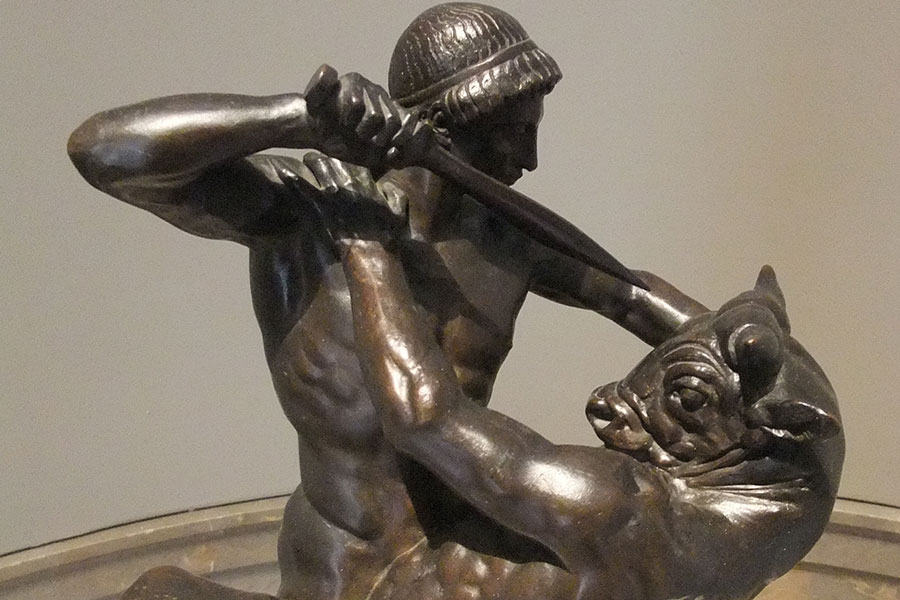The Book of Life
A person is what his life is. That which continues beyond death is life. This is the meaning of the Book of Life that opens with death.
When this subject matter is contemplated from a strictly psychological point of view, indeed, a routine day of our life is just a small replica of the totality of our life.
Therefore, as an outcome of all of this, we can infer the following: if a human being does not work on himself today, he will never change.
When one affirms that one wants to work on himself, and he does not work today, putting it off for tomorrow, such an affirmation will be a simple project and nothing more, because in it is a replica of all our life.
There exists out there a common saying that states, “Do not leave for tomorrow what you can do today.”
Mechanical Creatures
By no means can we deny that the Law of Recurrence processes itself in every moment of our life.
Indeed, repetition of events, states of consciousness, words, desires, thoughts, volitions, etc., exist in each day of our existence.
It is obvious that when one does not observe oneself, one cannot observe this incessant daily repetition.
It is evident that whosoever does not have any interest in observing himself also does not desire to work in order to achieve a true radical transformation.
The Supersubstantial Bread
If we carefully observe any day of our life, we will see that we certainly do not know how to live consciously.
Our life seems like a train in motion, moving upon the fixed tracks of the mechanical and rigid habits of a vain and superficial existence.
The intriguing aspect of this matter is that it never occurs to us to modify habits. It seems that we never get weary of always repeating the same thing.
We have become petrified by our habits, nevertheless we think that we are free. We are dreadfully ugly, yet we think of ourselves as Apollo.
The Good Master of the House
Indeed, to detach oneself from the disastrous effects of life in these tenebrous times is very difficult, but indispensable. Otherwise, one is devoured by life.
Any work that one does on oneself with the purpose of achieving a spiritual and psychic development is always related with a very well understood type of isolation. This is because the personality is the only thing that one can develop under the influence of life as we have always lived it; anything else is impossible.
We do not intend to oppose the development of the personality in any way. Obviously this is necessary in life. Yet, indeed the personality is merely something artificial. The personality is neither the truth nor the reality in us.
The Two Worlds
To observe and to Self-observe oneself are two completely different things; however, both demand attention.
When we observe through the windows of the senses, our attention then is directed outwardly towards the external world.
Yet, in Self-observation, the senses of external perception are worthless, because attention is directed inward. Consequently, this is the factual reason why the Self-observation of inner psychological processes is difficult for the neophyte.
The point of departure of official science in its practical side is the observable. The point of departure for the work on oneself is Self-observation, the Self-observable.
Page 4 of 7
 English
English




